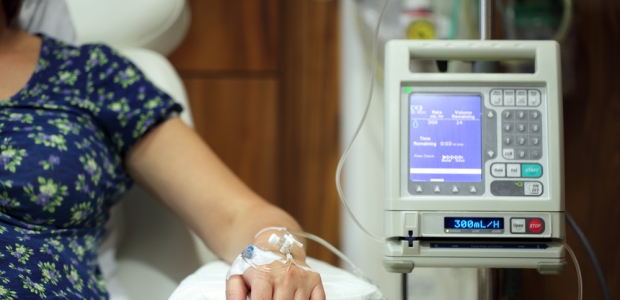
NIOSH Expands List of Drugs Dangerous to Health Workers
Thirty-four new drugs have been added. "The NIOSH 2016 Hazardous Drug List is an important resource as well as a tool to raise awareness among workers about the hazards some drugs, enabling workers to take the necessary steps to protect themselves from exposure while doing their job," said NIOSH Director Dr. John Howard, M.D., MPH.
NIOSH has released its 2016 list of hazardous drugs in health care settings, an updated list that include 34 additional drugs. Health workers who prepare or give hazardous drugs to patients, such as those used for cancer therapy, and support staff may be at risks when exposed to these drugs; NIOSH estimates 8 million U.S. health workers are potentially exposed to hazardous drugs in the workplace.
The new document, "NIOSH List of Antineoplastic and Other Hazardous Drugs in Healthcare Settings, 2016," is the latest version of a list first published by NIOSH in 2004 as an appendix to an Alert about antineoplastic and other hazardous drugs used in health care settings.
"Hazardous drugs include those used for cancer chemotherapy, antiviral drugs, hormones, some bioengineered drugs, and other examples of hazardous drugs," said NIOSH Director Dr. John Howard, M.D., MPH. "The NIOSH 2016 Hazardous Drug List is an important resource as well as a tool to raise awareness among workers about the hazards some drugs, enabling workers to take the necessary steps to protect themselves from exposure while doing their job."
This list categorizes drugs into these groups: 1) antineoplastic drugs 2) non-antineoplastic hazardous drugs, and 3) drugs with reproductive effects. And it includes 34 drugs not found on previous lists, five of which include the manufacturer's safe handling warnings; general guidance on engineering controls and personal protective equipment for various activities that may be encountered in health care settings have been updated.
For more information on hazardous drug exposures in health care, visit: http://www.cdc.gov/niosh/topics/hazdrug/.